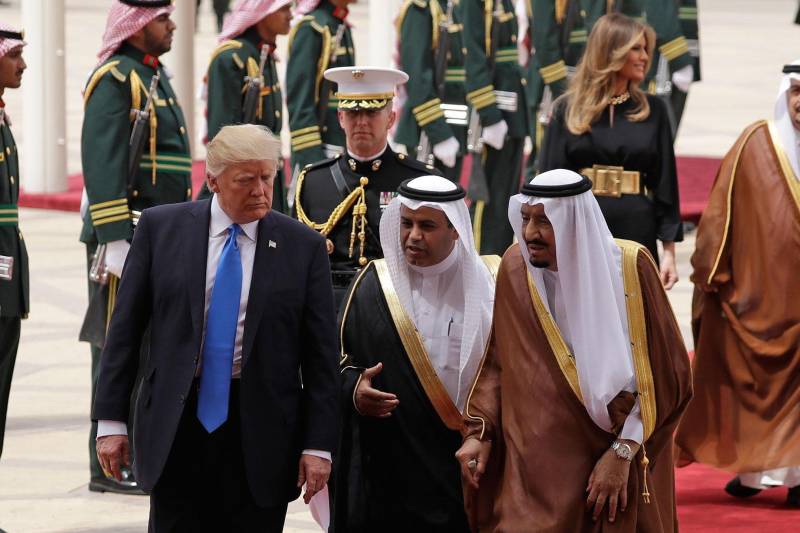Weapons to the Middle East

The US announced a huge arms deal with Saudi Arabia on Saturday as President Donald Trump visited Riyadh on his maiden foreign tour. The deal is worth around $110 billion, in ships, planes weapons and other military equipment, and is expected to swell to around $380 billion over the next ten years according to Saudi Foreign Minister Adel al-Jubeir. While parts of the deal where approved by the previous administration the vastly increased scale of this deal shows the upwards trajectory of the US-Saudi Arabia relations, and the more troubling trajectories of conflicts surrounding the Middle Eastern state.
While the arms deal underlines the military ambitions of Saudi Arabia and gives the coalition it leads a little more credibility, the more immediate effect of the move is on Yemen. Countries around the world are debating withdrawing military contracts with the Saudis because of the indiscriminate way with which the country has bombed Yemen – leading to a protracted food shortage crisis and calls by human rights watchdogs to investigate war crimes. This massive arms deal with the US in the middle of all this not only strengthens the ability of the Saudi military to continue its war, but also acts as a clear approval of the campaign on the global stage. The concerns of human rights violations are whitewashed – as they always seem to be when a US ally is the one committing them.
The deal also emboldens the Saudis against other regional rivals, and this massive influx of arms will be seen as a provocation. An arms race seems to be in the offing if countries like Iran decide to match the aggressive manoeuvrings of Saudi Arabia.
With the Trump presidency exercising lax control over the sale of weapons, and even laxer over the regional ambitions of its allies, the Middle East may become more tense than it already is.





